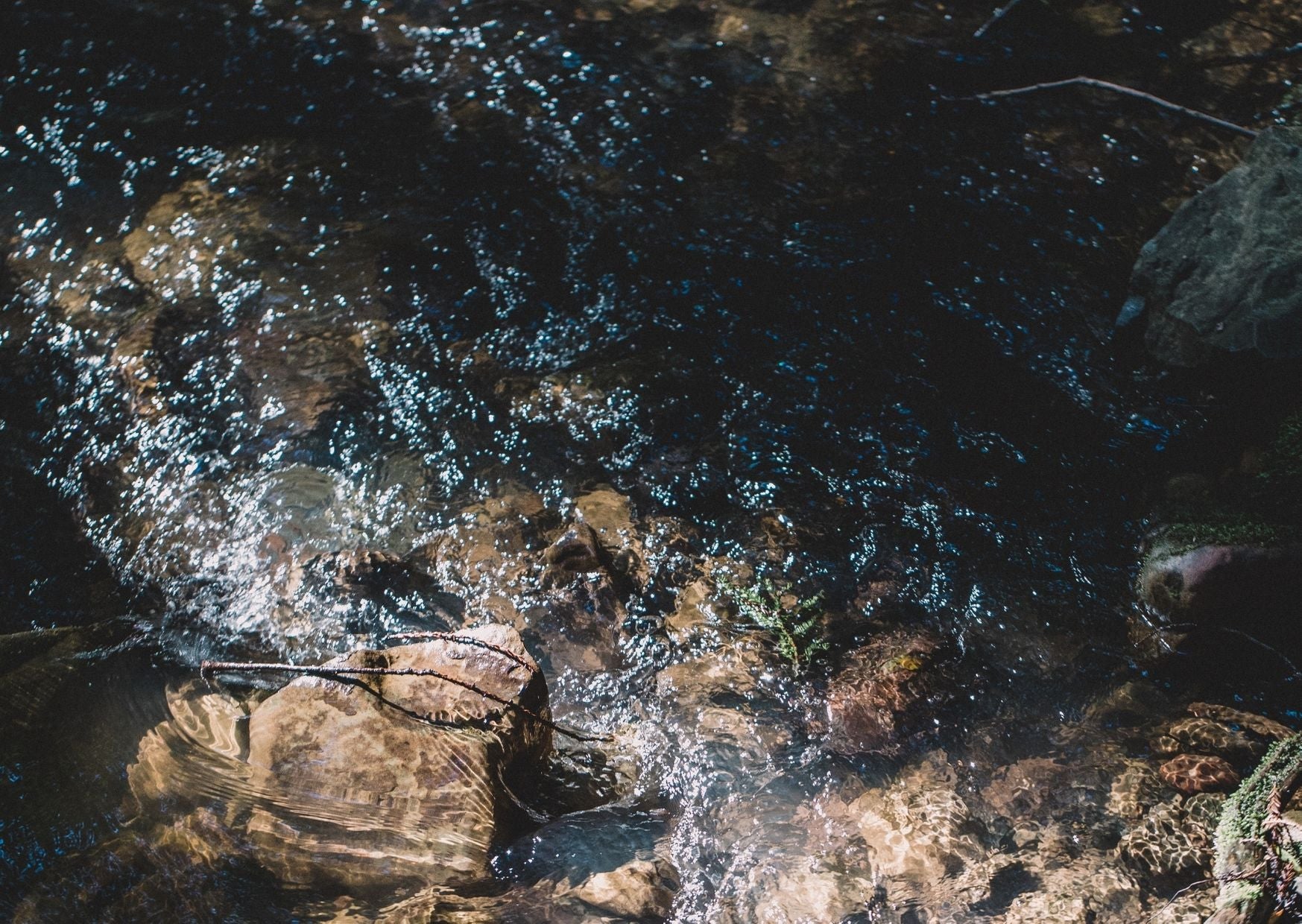
How The Fashion Industry Contributes to Water Pollution

Water is a necessity - we rely on it to drink, wash and even for the underwear we wear! In the UK, we are guilty for taking a clean supply of water for granted, whereas 2 billion people around the world regard it as a luxury (World Health Organization).
How does the fashion industry create water pollution?
The fast fashion industry accounts for 20% of global waste water (The UN). By cheaply disposing untreated factory waste into streams and rivers (Sustain Your Style), many brands prioritise profits over clean water. The run-off of chemicals, dyes and other waste is directly contaminating local communities' water supplies and ecosystems.
Chemicals
Garments produced by fast fashion brands often require a number of finishing processes. This involves using harmful chemicals and includes bleaching, softening or making a garment water resistant or anti-wrinkle. After the chemicals have been applied, the garments are then washed. This contributes to the half a million tonnes of microfibres that are released in the water ways every year (The UN).
Chemicals are also used at the raw material stage, most commonly on the cotton farms. Here, the use of pesticides contaminates drinkable water and pose a risk to farmers' health. Our underwear is made from Fairtrade and GOTS Certified Organic Cotton because it is grown without polluting chemicals.
Dyes
The colour of your clothing comes at a cost, with textile dyeing being the second largest polluter of water globally (The UN). Fast fashion brands use cheap, low quality dyes, which requires chemicals to prevent the fading of dyed clothing after washes. Subsequently, 200,000 tons of dyes are lost to pollution every year, staining rivers across the global south (Sustain Your Style).
Currently, our low-impact GOTS certified dyes are far less polluting, but we are exploring the use of natural dyes to minimise this impact further.
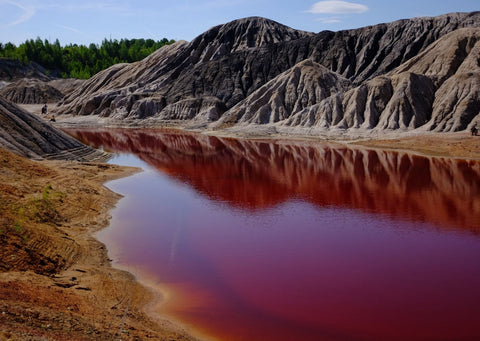
Waste
Around 90 percent of fast fashion brands directly contribute to water pollution, through refusing to treat their wastewater, allowing it to contaminate clean water supplies (Forbes). The Grey Water Footprint measures the overall usage of water to dilute the factory run off. Brands use clean water, and do this in order to reach the minimum water standard. Not only does this waste clean, uncontaminated water, it also poses a serious risk to ecosystems!
Another key stage where water is wasted is in the growing of raw fibres. Cotton is typically grown in water stressed regions using water-intensive irrigation systems. Our undies are made from organic cotton because it uses 71% less water than conventional cotton. In 2021, we conserved 618,541 litres of water (or 6,185 bathtubs worth!). This is as much water as an average person living in the UK would consume in just over 11 years!
The Impact
Whilst the chemicals and toxins disposed in water supplies have destroyed ecosystems, it has also had devastating socio-economic impacts across communities in the global south:
-
Livelihoods of fishermen are lost due to chemicals wiping out species of fish (The 71 Percent)
-
Communities can no longer rely on river water for drinking, cooking and washing
-
The consumption of contaminated water has increased the risk of diseases, such as cancer and cholera (Watery News)

What can we do?
As consumers, we need to make ethical choices to reduce the impact of water pollution on the fashion industry. This can be achieved by buying second-hand garments, supporting ethical brands and living a sustainable lifestyle.
At Y.O.U Underwear, we are proud to only use low-impact, fibre-reactive GOTS certified dyes, which use less water, contain no toxic substances and produce a limited waste runoff than conventional chemical dyeing processes. By using organic cotton for our underwear, Y.O.U Underwear saved 618,518 litres of water across 2021.


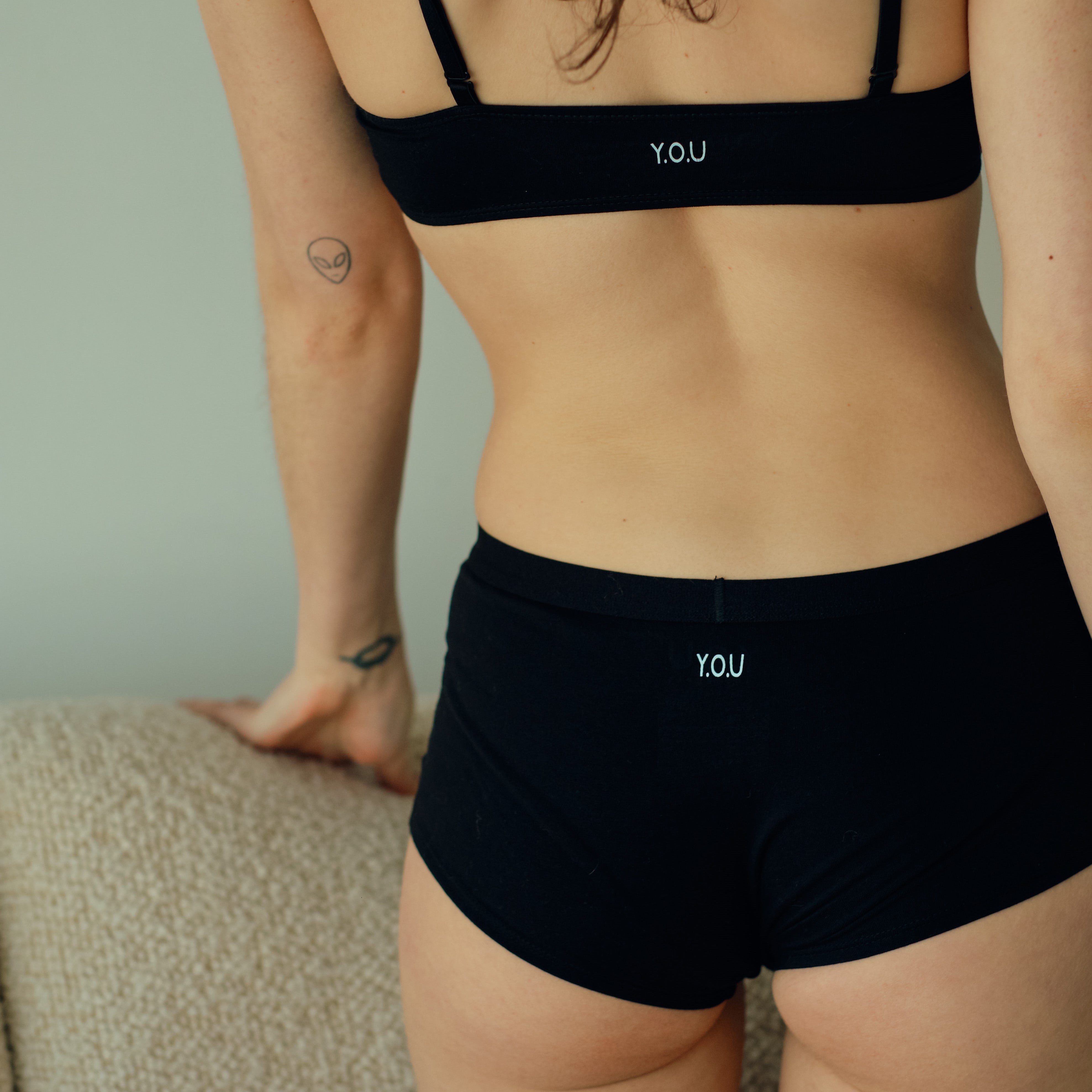
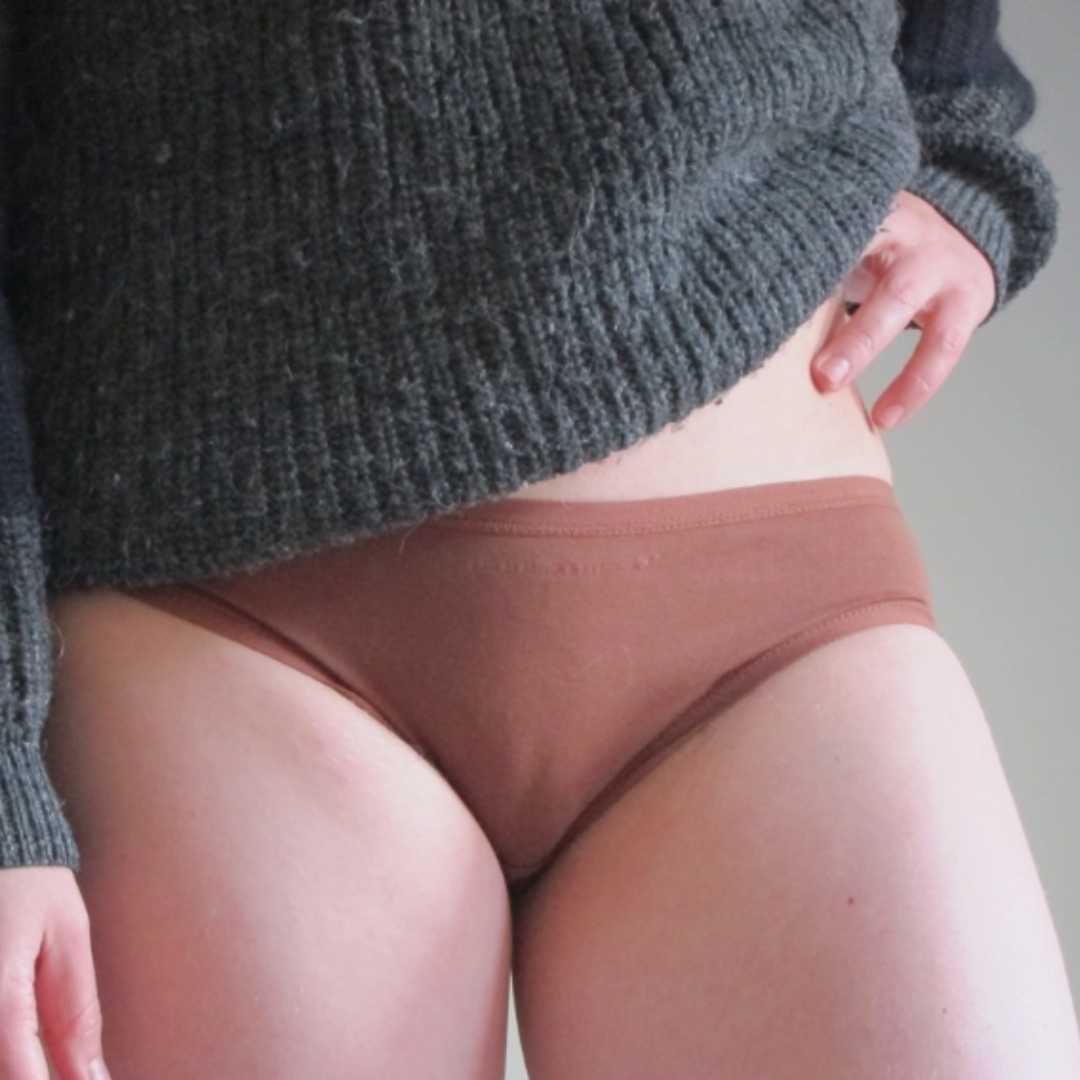


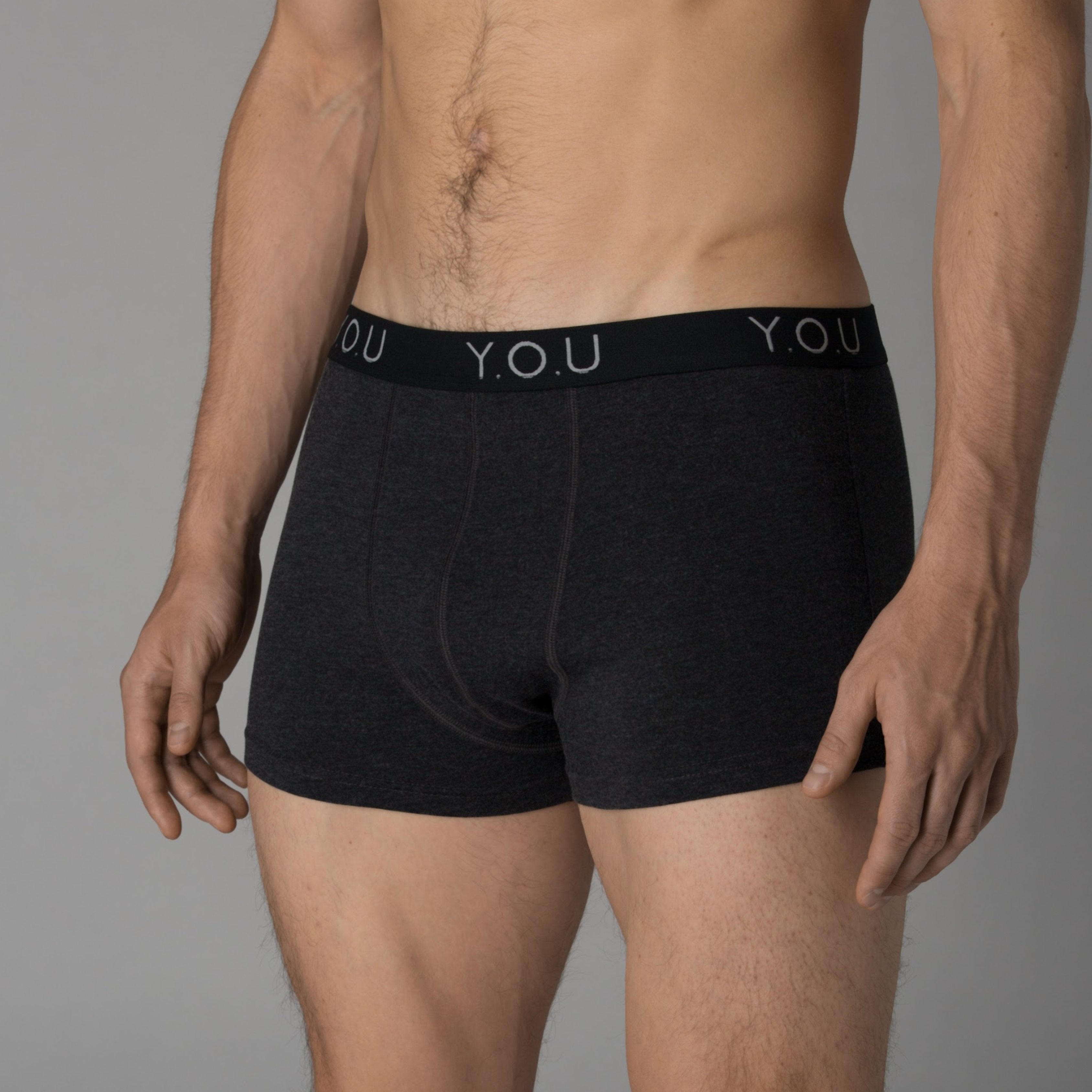
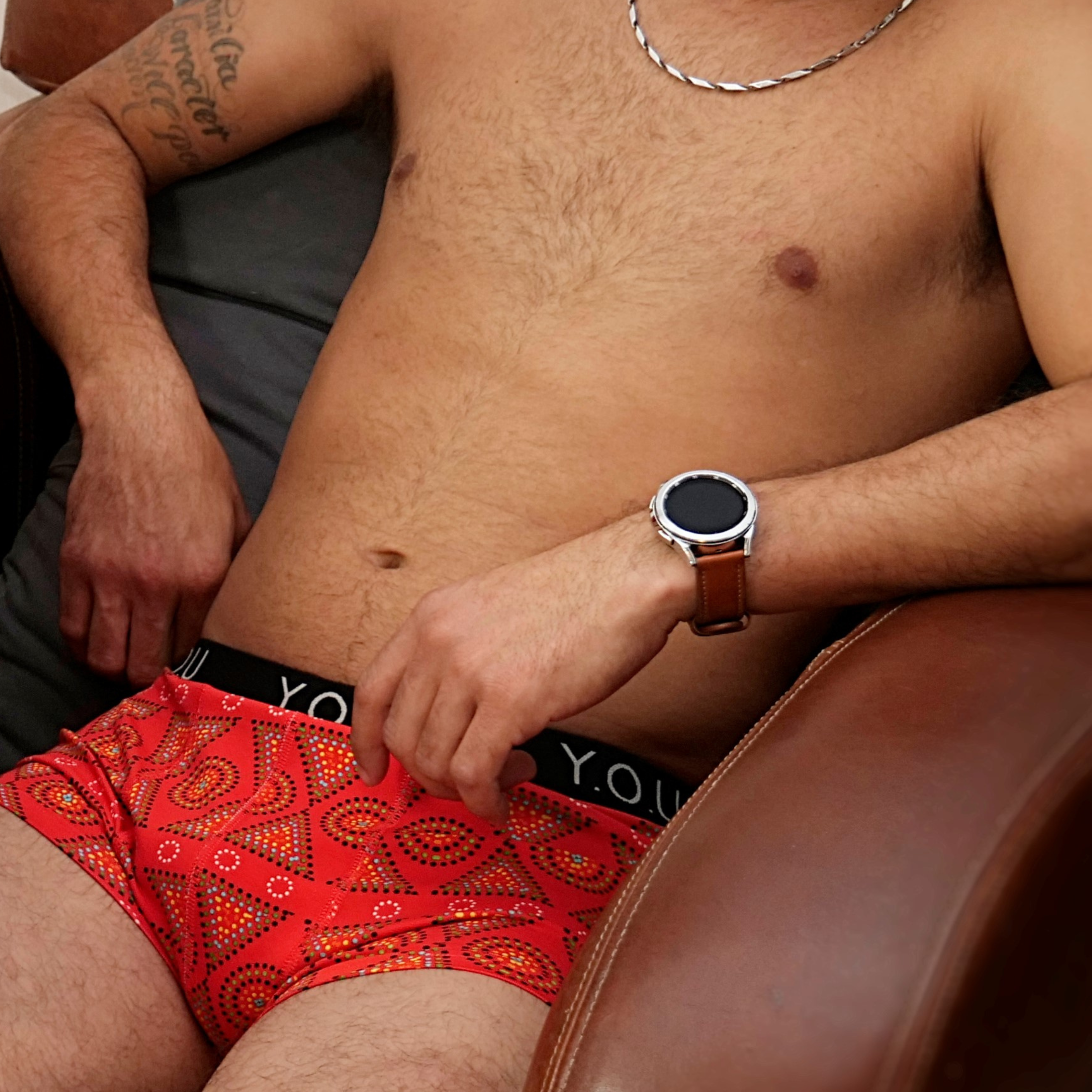
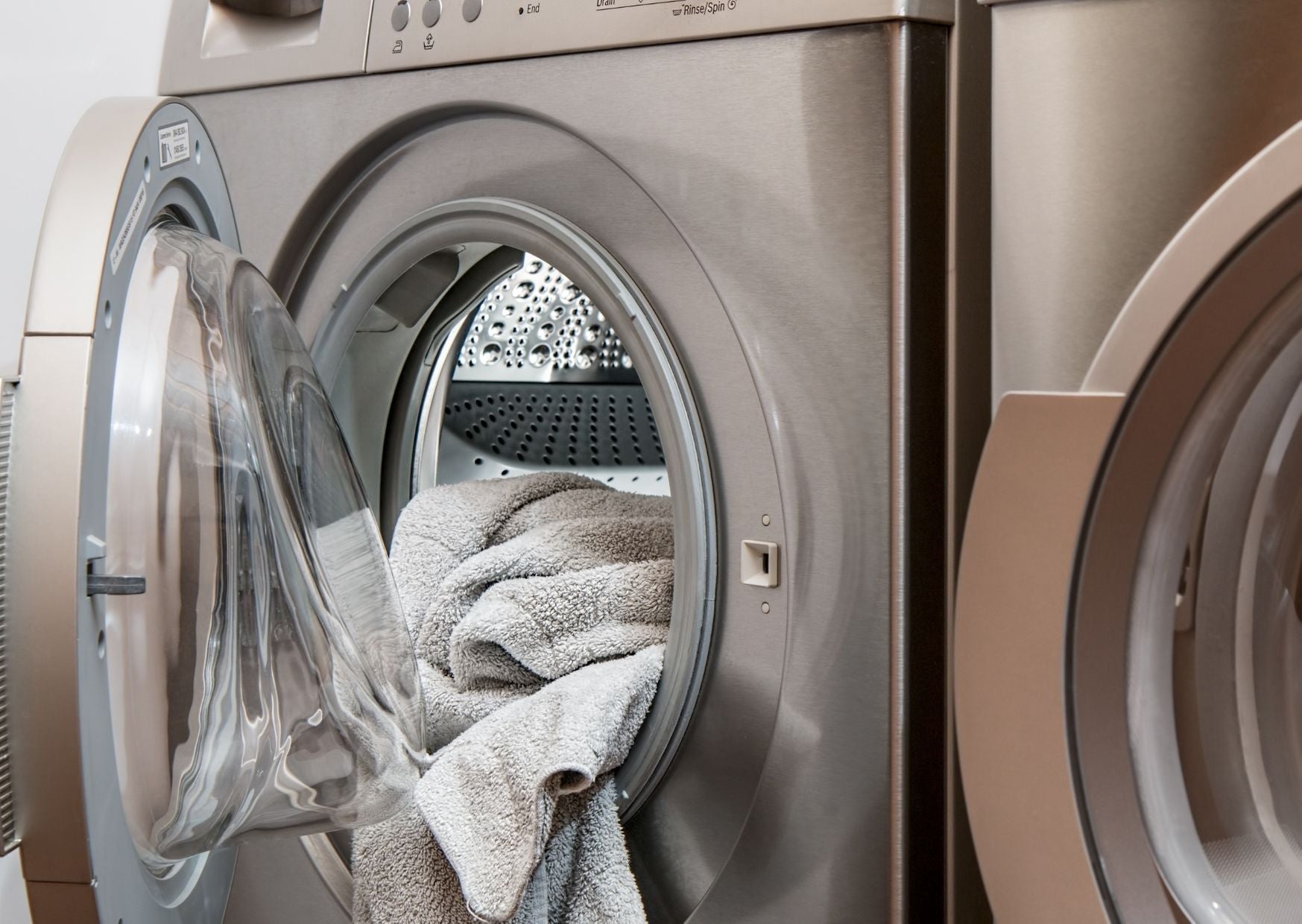


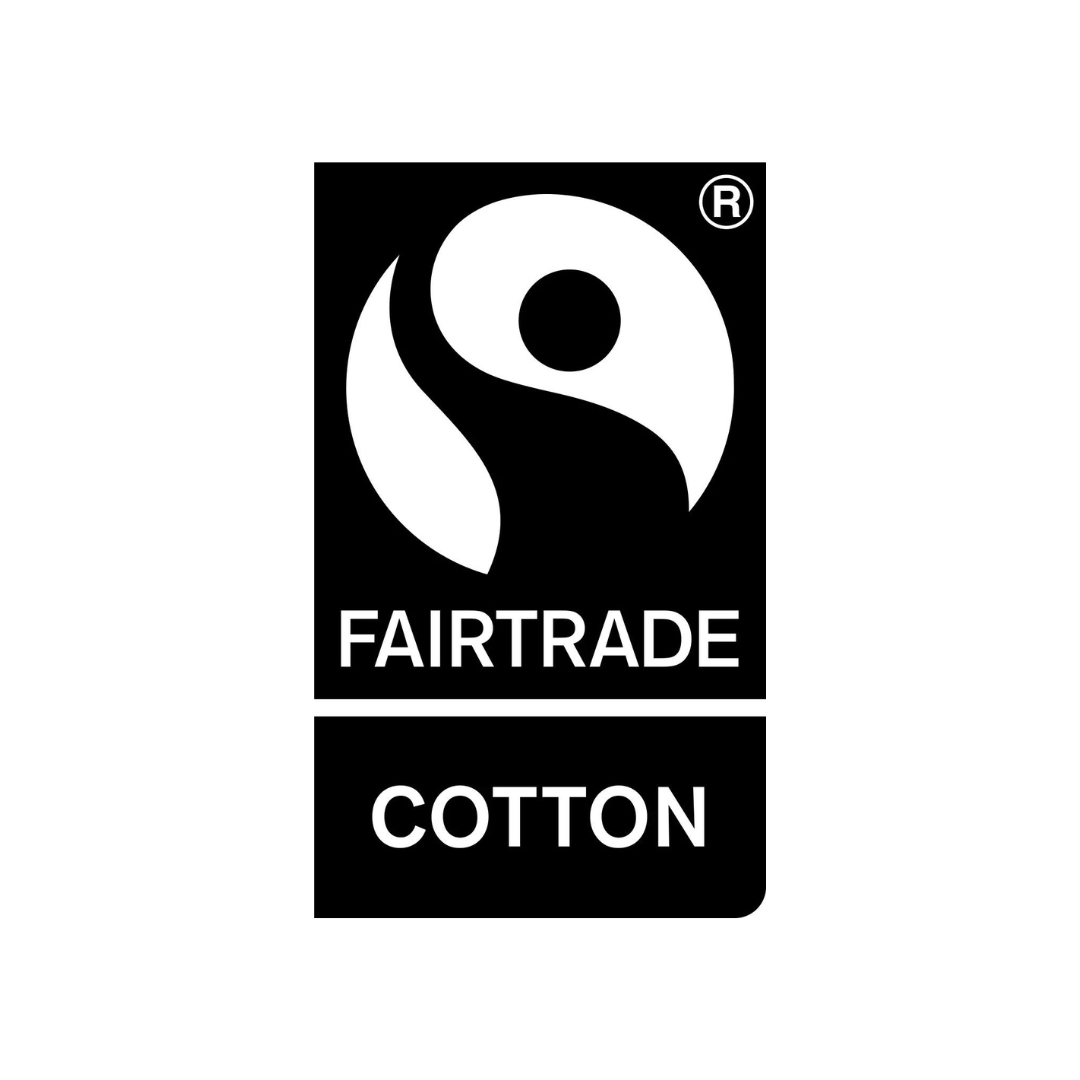




1 comment
great information. i like the way you explain the article. thank you for sharing this information.
Abogado De Divorcio En Virginia
Leave a comment
This site is protected by hCaptcha and the hCaptcha Privacy Policy and Terms of Service apply.